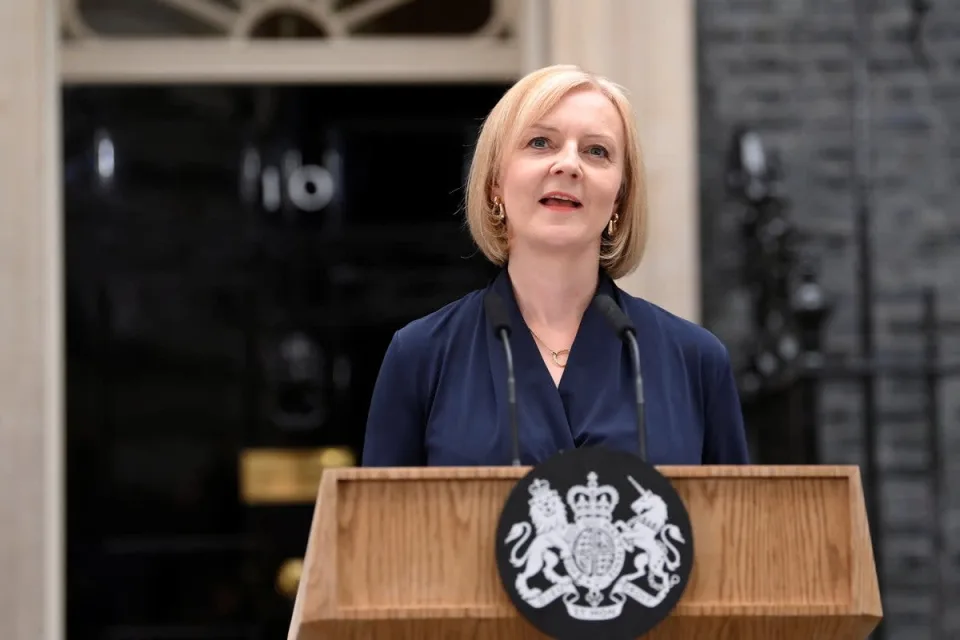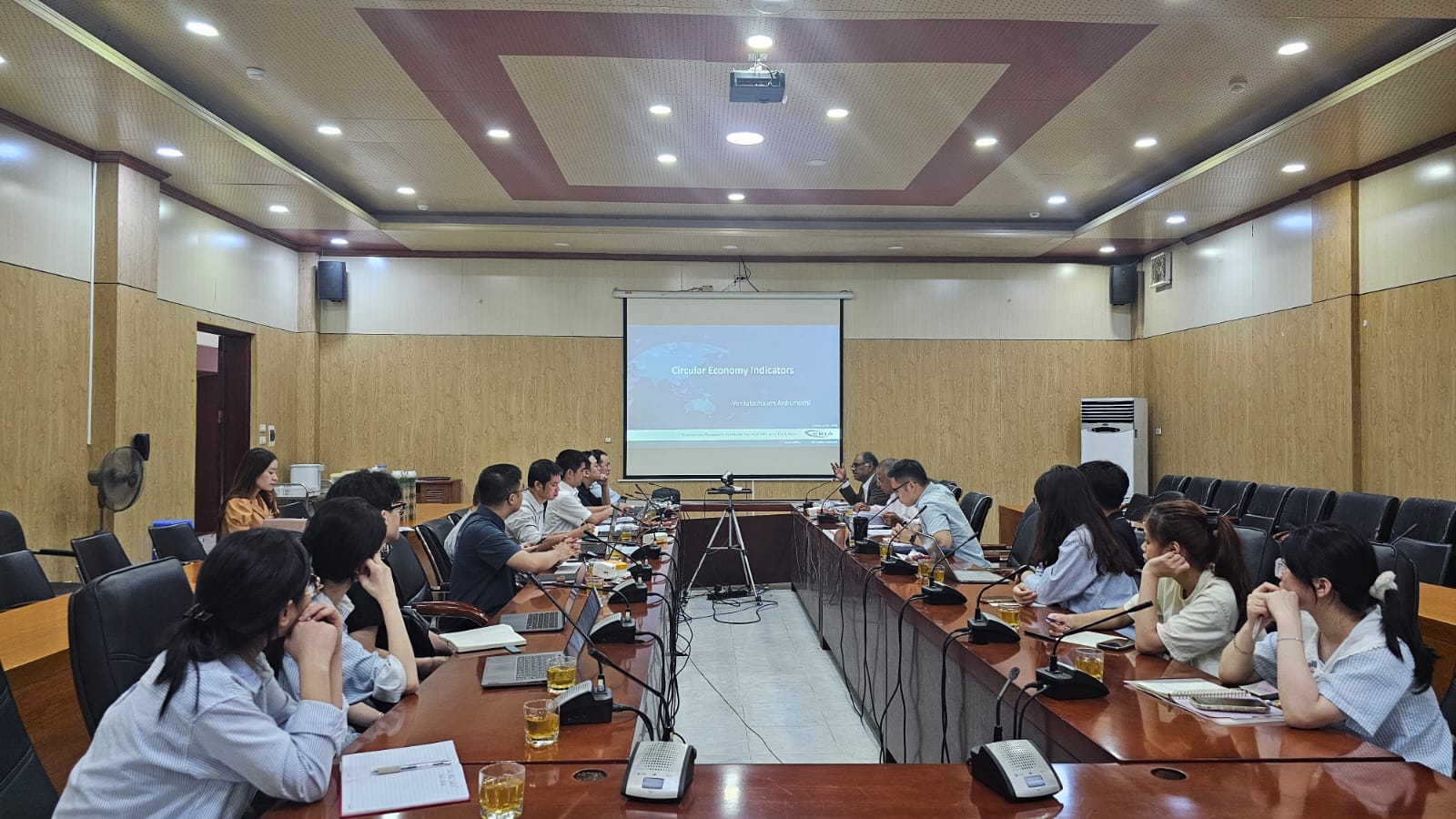PM Truss - be careful what you wish for
Date:
7 September 2022Category:
OpinionsTopics:
-Share Article:
Print Article:
By Mr Kavi Chongkittavorn, Senior Communications Advisor: Now that Liz Truss has been elected by the Conservative Party to the helm of the United Kingdom, she will have to face myriad challenges, imposed by both domestic and external developments. For Southeast Asia, her accession has brought new concerns about the UK’s future role in this part of the world.
Most importantly, she has to deal with her headline-grabbing views about the world, which she mastered during her brief stint as foreign secretary that started in September 2021, especially about collective security in the Indo-Pacific region and China’s vitriol.
Of course, what politicians say during their electoral campaigns must be carefully scrutinised, as it is aimed at a specific audience to garner support and votes. Therefore, it is expected that, in the coming days, Truss will come up with a clear foreign policy toward the Indo-Pacific and other transnational issues. At the outset, she reiterated that her government would “deliver, deliver, deliver” on all fronts.
Internationally, whatever the UK chooses to say and do will impact Southeast Asia. Its colonial past still haunts this region. Now, as the newest dialogue partner of ASEAN, the UK has a unique opportunity to do the right things, in its role as a member of the United Nations Security Council, NATO, G7 and G20, among other international bodies.
It is important to remind Truss that her hawkish world views will not augur well in the region, especially in during a period of economic recovery. She even suggested that democracies build a network to oppose authoritarian states. In Thailand, as well as in other ASEAN members, her comments on the creation of a global NATO was a fierce topic of debate. Political pundits and academia in region fear that ASEAN could be dragged further into superpower rivalries. ASEAN is not a military alliance. Any attempt to change this status quo will inevitably fail.
During her visit to the region last November, she emphasised that the UK profile in the region, especially in terms of economic cooperation, was “underpowered”, given the bloc’s dynamism and the so-called Global Britain. She wanted to change this trajectory, because it would create jobs and opportunities for the UK in the region.
As such, she has lots of homework to do to further strengthen ties with ASEAN as a whole. It is necessary to say at the outset that, in the post COVID-19 pandemic era, ASEAN’s economic progress and well-being depend very much on its stable engagement with China and other economies. Any attempt to disrupt these relations, intentionally or otherwise, would have adverse effects on the grouping’s external ties, which include the UK itself.
In the days ahead, Truss must go beyond the media headlines and optics and demonstrate her country’s seriousness in repositioning her country in the Indo-Pacific, especially within the context of ASEAN. She must do away with her “one-size fits all” comments regarding the region, due to its diversity and diverse national interests.
This opinion piece was written by ERIA's Senior Communications Advisor, Mr Kavi Chongkittavorn, and was published in Thai PBS World. Click here to subscribe to the monthly newsletter.
Disclaimer: The views expressed are purely those of the authors and may not in any circumstances be regarded as stating an official position of the Economic Research Institute for ASEAN and East Asia.








